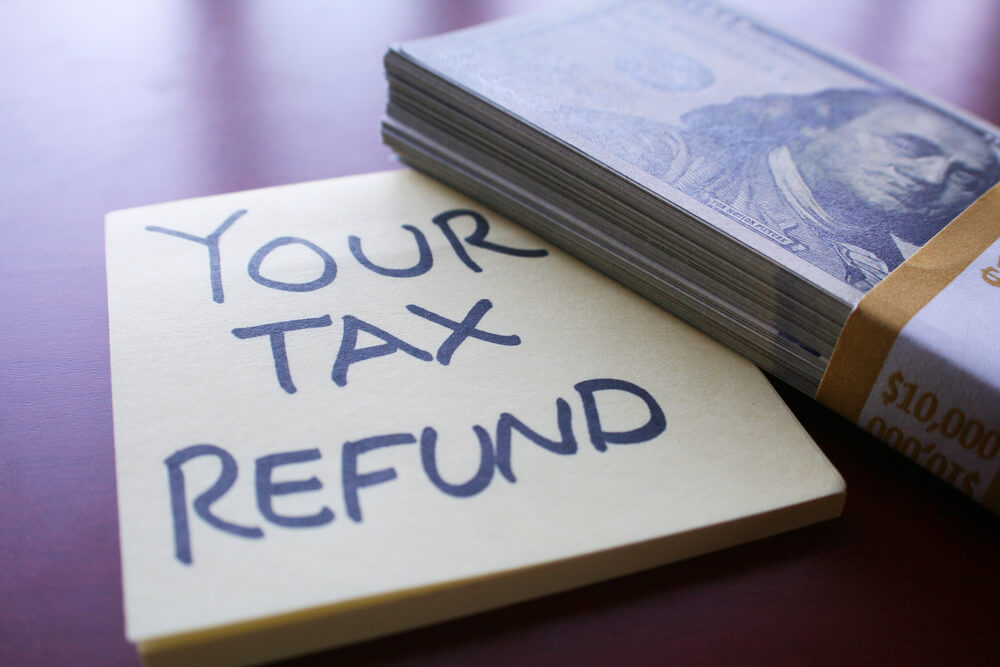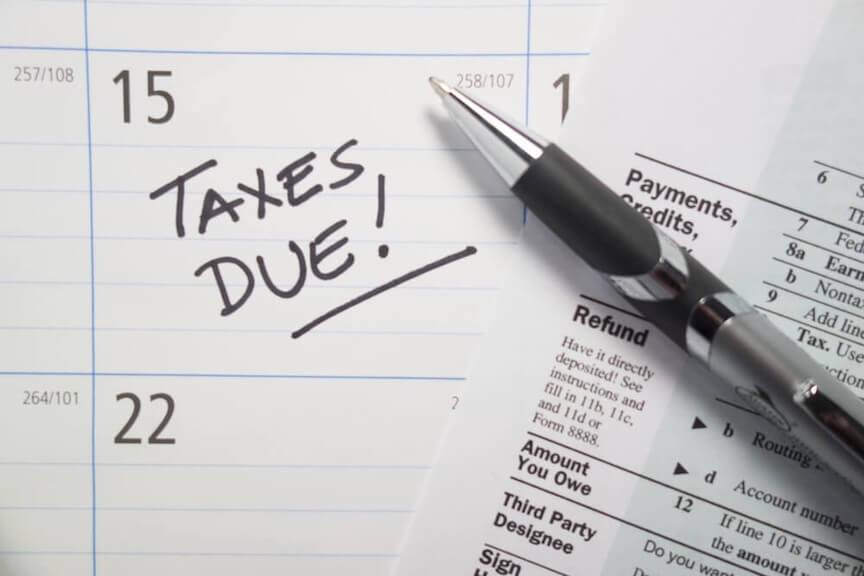Taking care of taxes is a responsibility that we all share. Even though a very small percentage actually understands this topic completely, we all need some basic knowledge in order to file them properly. This includes knowing how and when to file them, as well as understanding what happens when you don’t. Since filing taxes is such a vast topic, with over 800 different forms, it’s easy to get confused or make a mistake and fill out the wrong tax form.
Well, to shine some light on that topic, we’ll list the most typical scenarios that can occur when you forget to file or intentionally avoid paying taxes. This info will surely prove helpful regardless of your motive. So let’s continue and elaborate, shall we?
The Dangers of Not Filing Your Taxes
With April being just around the corner, it’s important to prepare all the necessary documents to file your taxes. To do that, you’ll need to know how to do it and what happens if you forget before April 15th.
Failing to file your taxes on time can create unnecessary problems. Problems that most try to avoid. One of the most evident and crucial issues that can emerge is that you’ll accumulate your fees. But this is only the tip of the iceberg. There are many other problems that will become a reality if you fail to file or pay taxes. So let’s see what other issues can arise.
You Won’t Get Tax Refunds
Without filing your annual income tax return to the IRS according to the Internal Revenue Code, you won’t have a chance to get a tax refund. And everyone eligible for a tax refund will definitely want to get it. More importantly, they’ll do anything to avoid losing this right. However, forgetting to pay, file, or provide incorrect information regarding your annual income may result in losing the right to get a tax refund.
You can still contact the IRS and get the necessary forms to fill out, and do so before they send the CP88 notice. This will save you a lot of trouble. If you haven’t already done so, be sure to obtain the necessary information from either the IRS or a trusted legal source.

Failure to File Penalty
Are you still wondering what happens when you don’t file your taxes? Another problem that may occur if you pay or file your taxes is getting a failure-to-file or failure-to-pay penalty. This will result in a 5% penalty for each month that you fail to file your taxes. This rate can increase to 25% and may incur additional expenses. These include a minimum penalty of $200 for tax returns that are late more than 60 days. One thing is for certain: you can’t avoid paying taxes, only delay them.
However, deliberately delaying or forgetting to file taxes is viewed by the IRS as the same offense. The best thing you can do is to be punctual and file your taxes regularly.
Additionally, there’s a penalty for paying less than the amount stated on the tax return. In other words, if your tax return form is corrected by the IRS, you will get a 20% or 40% penalty on the tax amount. The rates vary and are categorized according to the severity of negligence or understatement of tax.
Affect Your Credit Capability
Many people believe that not paying taxes is not a significant issue. So, the ‘what-if-I-don’t-file-my-taxes’ attitude will not get you far if you need a loan from the bank. Imagine receiving good news from the bank that your credit request is being considered, and that you need to visit your bank whenever possible. Then, when you get there, you get the bad news that your request has been declined due to your failure to pay taxes promptly.
Yes, this can happen to anyone who doesn’t take paying or filing taxes seriously. This kind of news can bring anyone down, and the best way to avoid it is to file your taxes on time. As soon as the IRS files you in the system as a nonpayer, that info will be available to banks as well. Even if you meet all the other criteria for getting the credit, you will be turned down if you don’t file your taxes.

Your Property Can Be Seized
One of the most frightening thoughts that can occur in one’s mind is the possibility of having your property seized due to tax issues. Tax negligence is one thing, as the IRS will eventually figure out that you’ve tried to hide the actual amount you need to pay. When they do, you’ll get a fine accompanied by additional expenses. Not knowing when the last day to pay taxes is may serve as an excuse in special situations and will justify not paying or being late to file a tax return for only a month or two. But not paying your taxes for two or more years can pose a serious threat to your assets.
Failing to come to an arrangement or a payment plan for the tax that you owe will place you on a list of people whose assets (in most cases, your house, not business assets, cars, etc.) can be seized. Once you receive the notice, the IRS will wait approximately ten days before proceeding to sell the property. Once sold, the money will cover the seizing, selling expenses, and your tax debt. But you can avoid all this by contacting them and arranging a payment plan. It’s essential that you are willing to resolve the issue and contact them promptly, ideally before receiving the notice.
Getting Your Passport Canceled
Not only is it embarrassing to discover that you’re unable to leave the country due to tax issues, but it can also ruin your vacation. This also applies if the purpose of traveling is business. In addition to that, you’ll lose money because you’ll lose an important client, but you’ll also get additional expenses and penalties.
Think that this rarely happens? Think again, however, as the IRS doesn’t take kindly to small businesses that understate or neglect paying taxes. Once they figure out what you’re doing, and they will, they’ll limit every chance to earn or keep your income intact. Fines will apply on multiple bases, and the expenses will just keep piling up. To avoid all this and ensure you don’t incur any fines or penalties, it’s essential to know when and how to file taxes. You can obtain all the information from the IRS and pay your taxes through your trusted online source – Checkissuing check fulfillment service.
Last updated: September 2025

